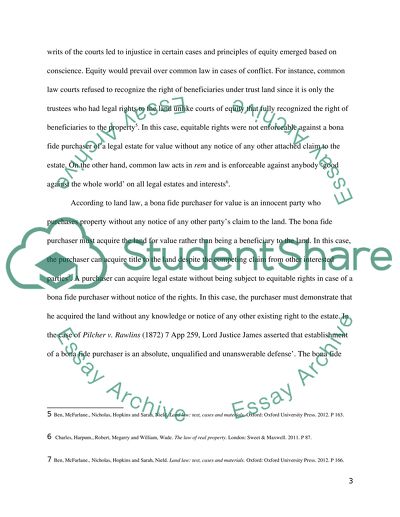Cite this document
(“Land Law Essay Example | Topics and Well Written Essays - 3000 words - 3”, n.d.)
Retrieved from https://studentshare.org/law/1640859-land-law
Retrieved from https://studentshare.org/law/1640859-land-law
(Land Law Essay Example | Topics and Well Written Essays - 3000 Words - 3)
https://studentshare.org/law/1640859-land-law.
https://studentshare.org/law/1640859-land-law.
“Land Law Essay Example | Topics and Well Written Essays - 3000 Words - 3”, n.d. https://studentshare.org/law/1640859-land-law.


